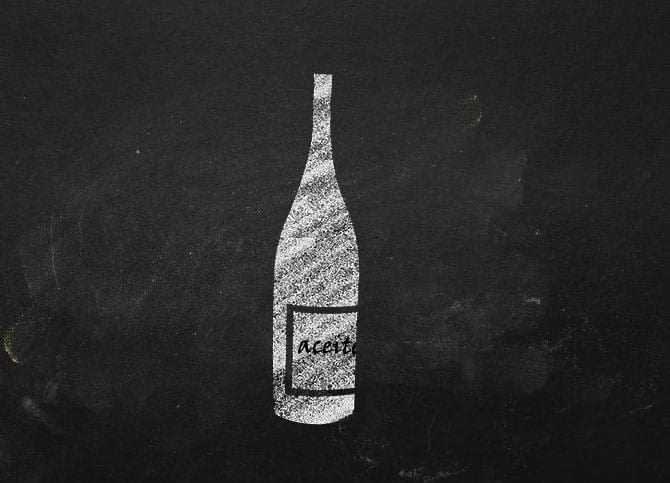
A plan to promote olive oil and table olives in schools in the E.U. is among matters likely to be discussed at the next meeting of the European Commission’s Advisory Group on Olives and Derived Products.
To be held in Brussels on November 13, the meeting is also likely to include briefings from the Commission on its plan to toughen olive oil label rules and its free trade talks with the United States.
The group’s chairman, Rafael Sánchez de Puerta Díaz, said the agenda had yet to be finalized but would probably also include various reports on the olive oil market and updated forecasts for the current harvest.
Promoting olive oil in E.U. schools
Spanish Members of the European Parliament pushed for the new farm policy for the E.U. to provide for a school olive oil and table olives program. They succeeded in winning a provision in the Common Agricultural Policy (CAP) for 2014 – 2020 for a voluntary school scheme with similar funding to that of existing ones promoting consumption of dairy products and fruit and vegetables.
Sánchez said advisory group had sought an update from the Commission on the scheme, which would probably not start until 2015.
Fate of plans to require clearer label information
Sánchez said the group had also asked the Commission to explain its plans re promised changes to olive oil labeling laws.
Requirements for clearer label information, and for tougher penalties for and more checks on mislabeling, were part of a draft E.U. regulation that was withdrawn at the last minute in May amid controversy over one of its other provisions — a ban on refillable olive oil containers on restaurant tables.
Sánchez said nobody had questioned the rest of the draft regulation and the group wanted to know if the Commission planned to proceed with it, albeit without the refillable container ban.
“We think it should go ahead but so far the Commission hasn’t said it there will be a new regulation,” he said.
E.U. — U.S. trade relations
Sánchez said the group also awaited a briefing from the Commission on its reaction to the report on competition in the global olive oil trade released in September by the United States International Trade Commission (USITC).
The group wanted to know what the Commission was doing to follow up on the report, which said “a lot of things which we don’t agree with.”
Sánchez said the report had suggested — “in a generic way, without being too specific — that European olive oil had quality problems.”
It had referred on various occasions to tests that had not been accepted by the International Olive Council as quality criteria, namely those of DAGs (diacylglycerols) and PPPs (pyropheophytins), he said.
And it had also questioned the income support provided to olive oil producers by the E.U. when the World Trade Organization had accepted this as not distorting the market.
Sánchez said the USITC report had been prepared “for commercial reasons, to “defend its (U.S.) production from European production” and “introduce a trade barrier in the market.”
As its release coincided with the current free trade negotiations between the U.S. and the E.U., the group wanted to know what position the Commission was taking in the talks in relation to olive oil, what it saw as the likely repercussions of the USITC report, and what it was doing about them, he said.
The USITC report was produced at the request of the U.S. House Ways and Means Committee. Such so-called §332 investigations are often followed by U.S. trade actions, such as limiting imports.
Last November, E.U. Trade Commissioner Karel De Gucht said that the Commission was monitoring debate about a possible U.S. marketing order for olive oil, a measure that he said would cause unfair delays and costs if also applied to importers.








